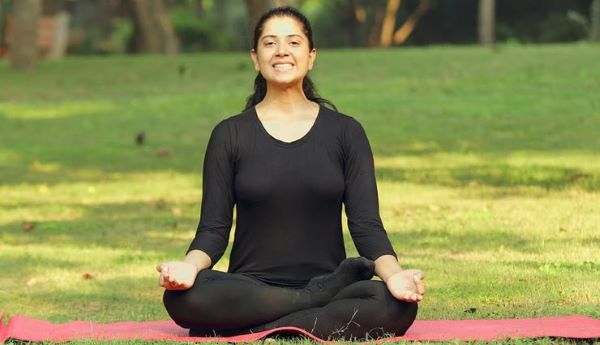Yoga, a centuries-old practice originating in India, combines physical postures, breath control, and meditation to promote holistic well-being. Sithkari Kumbhaka, also known as Hissing Breath Retention in English, is a unique pranayama (breathing exercise) that cools the body and calms the mind. This article provides a comprehensive overview of Sithkari Kumbhaka, including its history, practice steps, health benefits, and precautions.
What is Sithkari Kumbhaka?
Sithkari Kumbhaka, or Hissing Breath Retention, is a pranayama technique characterized by inhaling through the teeth and retaining the breath. The name “Sithkari” comes from the Sanskrit words “Sith” (hissing sound) and “Kumbhaka” (breath retention). This practice is designed to cool the body, reduce stress, and enhance mental clarity.
A Brief History of Sithkari Kumbhaka
Sithkari Kumbhaka has its origins in ancient yogic traditions and is mentioned in classical texts such as the “Hatha Yoga Pradipika.” Historically, yogis have used this technique to cool the body, calm the mind, and prepare for deeper meditation. Its cooling and calming effects make it a valuable practice in various yoga traditions, particularly in hot climates or after intense physical activity.
Also, watch web stories: What yoga postures help with back pain?
How to Do Sithkari Kumbhaka: Step-by-Step Instructions
Performing Sithkari Kumbhaka involves a series of steps focusing on controlled inhalation through the teeth and breath retention:
- Preparation:
- Sit comfortably in a cross-legged position such as Sukhasana (Easy Pose) or Padmasana (Lotus Pose).
- Keep your spine straight, shoulders relaxed, and hands resting on your knees. Close your eyes and take a few deep breaths to settle into the practice.
- Creating the Hissing Sound:
- Gently press your tongue against your upper palate and slightly part your lips to expose your teeth.
- Inhale slowly and deeply through your teeth, producing a hissing sound as the air passes through.
- Breath Retention (Kumbhaka):
- After inhaling, close your mouth and retain the breath for a comfortable duration, keeping the chin slightly tucked (Jalandhara Bandha).
- Exhaling:
- Exhale slowly and completely through your nose, releasing the breath gradually.
- Continue the Cycle:
- Repeat the cycle for 5-10 minutes, maintaining a slow, steady rhythm and focusing on the cooling effect of the breath.
Health Benefits of Sithkari Kumbhaka
It offers numerous health benefits, including:
- Reduces Body Heat:
- Cools the body and lowers body temperature, making it useful in hot climates or after physical exertion. (Source)
- Calms the Mind:
- Reduces stress and anxiety by promoting a sense of calm and relaxation. (Source)
- Balances Blood Pressure:
- Helps regulate blood pressure by calming the nervous system. (Source)
- Enhances Digestion:
- Improves digestion by cooling and soothing the digestive tract. (Source)
- Promotes Respiratory Health:
- Enhances lung capacity and respiratory function through controlled breathing. (Source)
Who Should Do Sithkari Kumbhaka
It is beneficial for:
- Individuals seeking to cool their body and reduce heat-related discomfort.
- Those looking to reduce stress and promote relaxation.
- People aiming to balance their blood pressure and calm the nervous system.
- Practitioners wanting to improve digestion and respiratory health.
- Individuals living in hot climates or engaging in intense physical activities.
Who Should Not Do Sithkari Kumbhaka
It is generally safe for most people, but it may not be suitable for:
- Individuals with respiratory disorders or asthma should avoid inhaling through the mouth.
- Those with low blood pressure should practice with caution as it can further lower blood pressure.
- People with severe cold, cough, or throat infections should avoid this practice.
Also, read: Quickly Know All About Sheetali Kumbhaka – Cooling Breath Retention
Precautions to Take
- Practice Sithkari Kumbhaka on an empty stomach or at least 2-3 hours after a meal.
- Maintain a slow, steady, and comfortable breathing pace.
- Avoid straining or forcing the breath; the practice should be gentle and soothing.
- Consult with a healthcare provider or experienced yoga instructor if you have any underlying health conditions.
- If you feel dizzy or uncomfortable, stop the practice and return to normal breathing.
References and Sources
In conclusion, Sithkari Kumbhaka is a powerful and effective pranayama technique that offers extensive physical and mental benefits. By understanding its history, learning the proper technique, and adhering to precautions, you can safely incorporate Sithkari Kumbhaka into your yoga practice to enhance your overall well-being.





